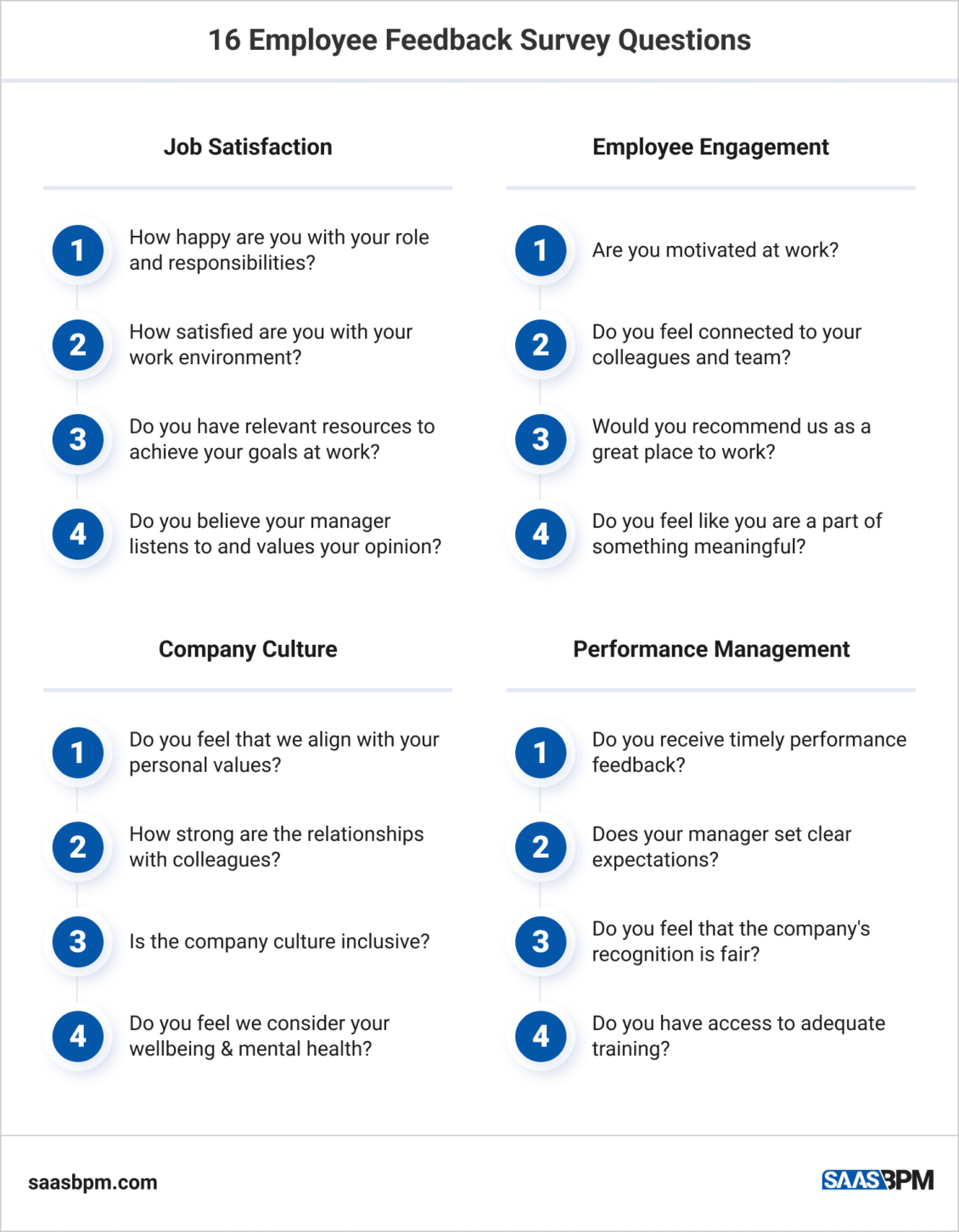Middle Managers: Essential For Effective Company Operations And Employee Development

Table of Contents
The Crucial Role of Middle Managers in Company Operations
Middle managers are not simply messengers; they are the operational backbone of many organizations. Their ability to effectively manage workflows, drive performance, and allocate resources directly impacts a company's success.
Streamlining Communication and Workflow
Middle managers act as a vital communication conduit, translating strategic directives from leadership into actionable plans for their teams. This ensures everyone is working towards the same goals with a clear understanding of expectations. Efficient communication strategies employed by strong middle managers include:
- Regular team meetings: Facilitating open dialogue and addressing concerns promptly.
- Clear and concise communication: Avoiding ambiguity and ensuring everyone understands their roles and responsibilities.
- Effective delegation: Assigning tasks based on individual strengths and capabilities.
- Utilizing project management tools: Streamlining workflows and tracking progress effectively. This includes leveraging tools for workflow optimization, such as project management software.
These strategies directly contribute to improved operational efficiency and reduced bottlenecks.
Driving Performance and Productivity
Middle managers are responsible for motivating their teams to achieve ambitious yet achievable goals. This involves utilizing proven performance management techniques:
- Setting SMART goals: Specific, Measurable, Achievable, Relevant, and Time-bound objectives.
- Regular performance monitoring: Providing timely feedback and addressing performance issues proactively.
- Conducting effective performance reviews: Offering constructive criticism and identifying areas for improvement.
- Implementing team motivation strategies: Fostering a collaborative and supportive work environment to boost morale and productivity. This includes recognizing achievements and rewarding exceptional performance.
By implementing these strategies, middle managers directly contribute to productivity improvement and the overall success of their teams.
Resource Allocation and Budget Management
Middle managers play a crucial role in optimizing resource allocation, ensuring that budgets are managed effectively, and that the company operates cost-effectively. This involves:
- Efficient budget management: Tracking expenses, identifying cost-saving opportunities, and staying within allocated budgets.
- Strategic resource allocation: Determining the optimal distribution of resources to maximize productivity and efficiency.
- Implementing cost-cutting measures: Identifying and implementing strategies to reduce unnecessary expenses without compromising quality or productivity.
- Analyzing financial performance: Monitoring key performance indicators (KPIs) to identify areas for improvement and inform future resource allocation decisions.
Their expertise ensures that resources are used wisely, contributing directly to the company's financial performance.
Middle Managers as Key Drivers of Employee Development
Beyond operational efficiency, effective middle managers are instrumental in fostering employee growth and creating a positive work environment.
Mentorship and Coaching
Middle managers often serve as mentors and coaches, guiding their team members' professional development. This involves:
- Implementing mentoring programs: Pairing experienced employees with newer ones for guidance and support.
- Providing regular coaching: Offering individualized feedback, identifying skill gaps, and suggesting training opportunities.
- Encouraging employee feedback: Creating a culture of open communication where employees feel comfortable sharing their perspectives.
- Facilitating skill development: Providing opportunities for employees to enhance their skills and advance their careers.
This approach contributes significantly to improved employee retention rates.
Identifying and Nurturing Talent
Middle managers are often best positioned to identify high-potential employees within their teams. They play a key role in:
- Implementing talent identification strategies: Regularly evaluating employee performance and identifying individuals with high growth potential.
- Developing succession planning: Identifying and grooming future leaders within the organization.
- Creating career development paths: Providing employees with clear pathways for advancement and opportunities to take on new challenges.
- Facilitating leadership development programs: Providing access to training and development opportunities that enhance leadership skills.
This ensures that the organization has a robust pipeline of future leaders.
Fostering a Positive and Supportive Work Environment
Middle managers directly contribute to a positive work culture by promoting teamwork, collaboration, and employee well-being. This involves:
- Organizing team-building activities: Strengthening relationships and fostering collaboration amongst team members.
- Implementing effective conflict resolution strategies: Addressing conflicts promptly and fairly to maintain a positive work environment.
- Implementing employee engagement strategies: Boosting morale and creating a sense of purpose among team members.
- Promoting employee well-being: Creating a supportive environment where employees feel valued and respected.
This fosters improved employee morale and job satisfaction, leading to higher productivity and reduced turnover.
Conclusion
Effective middle managers are not just cogs in the machine; they are essential drivers of company success. They are critical for streamlining operations, maximizing productivity, and fostering a positive work environment that attracts and retains top talent. Investing in your middle managers through training, mentorship programs, and opportunities for professional development will yield significant returns. The future of your company depends on strong middle managers—those individuals who can bridge the gap between leadership and the front lines, driving operational excellence and employee growth. Don't underestimate the power of effective middle management; invest in them today to secure your organization's future.

Featured Posts
-
 Kai Cenat Vs I Show Speed Net Worth Comparison 2025
May 27, 2025
Kai Cenat Vs I Show Speed Net Worth Comparison 2025
May 27, 2025 -
 Kesoi Terhesseg 40 Evesen Hiressegek Es A Valosag
May 27, 2025
Kesoi Terhesseg 40 Evesen Hiressegek Es A Valosag
May 27, 2025 -
 Germaniya Podderzhivaet Stremlenie Ukrainy K Nato Poslednie Novosti
May 27, 2025
Germaniya Podderzhivaet Stremlenie Ukrainy K Nato Poslednie Novosti
May 27, 2025 -
 Covid 19 Inquiry Evidence Of Duchess Of Yorks Ppe Procurement Offer
May 27, 2025
Covid 19 Inquiry Evidence Of Duchess Of Yorks Ppe Procurement Offer
May 27, 2025 -
 Almanacco Giornaliero Martedi 20 Maggio Cosa E Successo Oggi
May 27, 2025
Almanacco Giornaliero Martedi 20 Maggio Cosa E Successo Oggi
May 27, 2025
Latest Posts
-
 Isabelle Autissier L Interview Collaboration Et Leadership
May 31, 2025
Isabelle Autissier L Interview Collaboration Et Leadership
May 31, 2025 -
 Preparation D Une Journee En Mer Checklist Pour Tous Les Marins
May 31, 2025
Preparation D Une Journee En Mer Checklist Pour Tous Les Marins
May 31, 2025 -
 22 Ans Deja Le Tip Top One A Arcachon
May 31, 2025
22 Ans Deja Le Tip Top One A Arcachon
May 31, 2025 -
 Un Jour En Mer Securite Et Navigation Pour Tous Les Navigateurs
May 31, 2025
Un Jour En Mer Securite Et Navigation Pour Tous Les Navigateurs
May 31, 2025 -
 Klimawandel Und Bodensee Ist Klimaschutz Angesichts Des Langfristigen Risikos Sinnvoll
May 31, 2025
Klimawandel Und Bodensee Ist Klimaschutz Angesichts Des Langfristigen Risikos Sinnvoll
May 31, 2025
